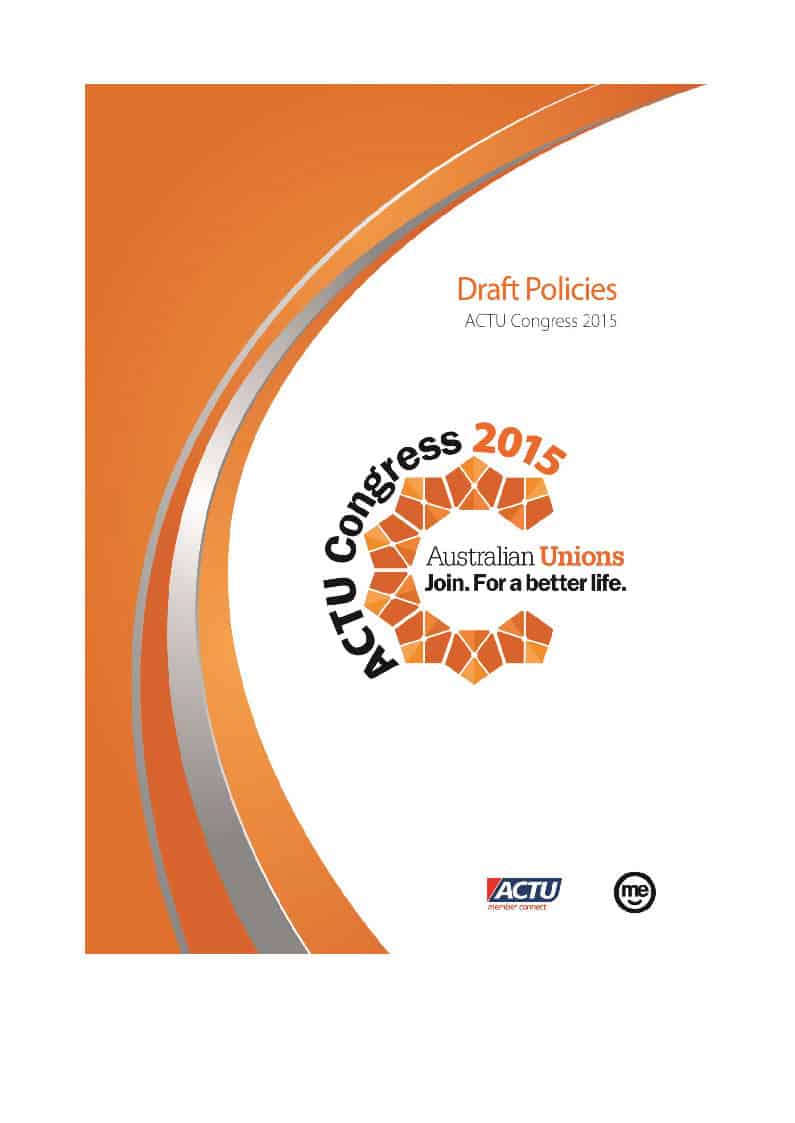Rosa Carrillo of Carrillo & Associates, describes herself as a “thought leader in transformational leadership for environment, safety and health” with a “unique understanding of safety culture and complex environments”. Prior to her attendance as a keynote speaker at the SIA National Convention in September SafetyAtWorkBlog was able to ask Rosa Carrillo about leadership, trust and communication.
Carrillo is aware of the risk of transferring concepts and practices rather than translating them and tailoring them to local needs. She told SafetyAtWorkBlog:
“I am afraid that one of my core principles is that you can’t just take what someone else did to address human behavior and implement it with “minimal translation” even if it was developed in your own country. You can certainly do that more readily with technology, but even then you must customize its introduction. Most leading edge thinkers in the safety field agree that benchmarking leads you down the rose garden path. You spend lots of money and feel you are doing the right thing until the next disaster emerges.”



 The Australian Council of Trade Unions (ACTU) commences its
The Australian Council of Trade Unions (ACTU) commences its